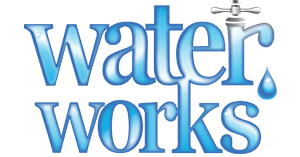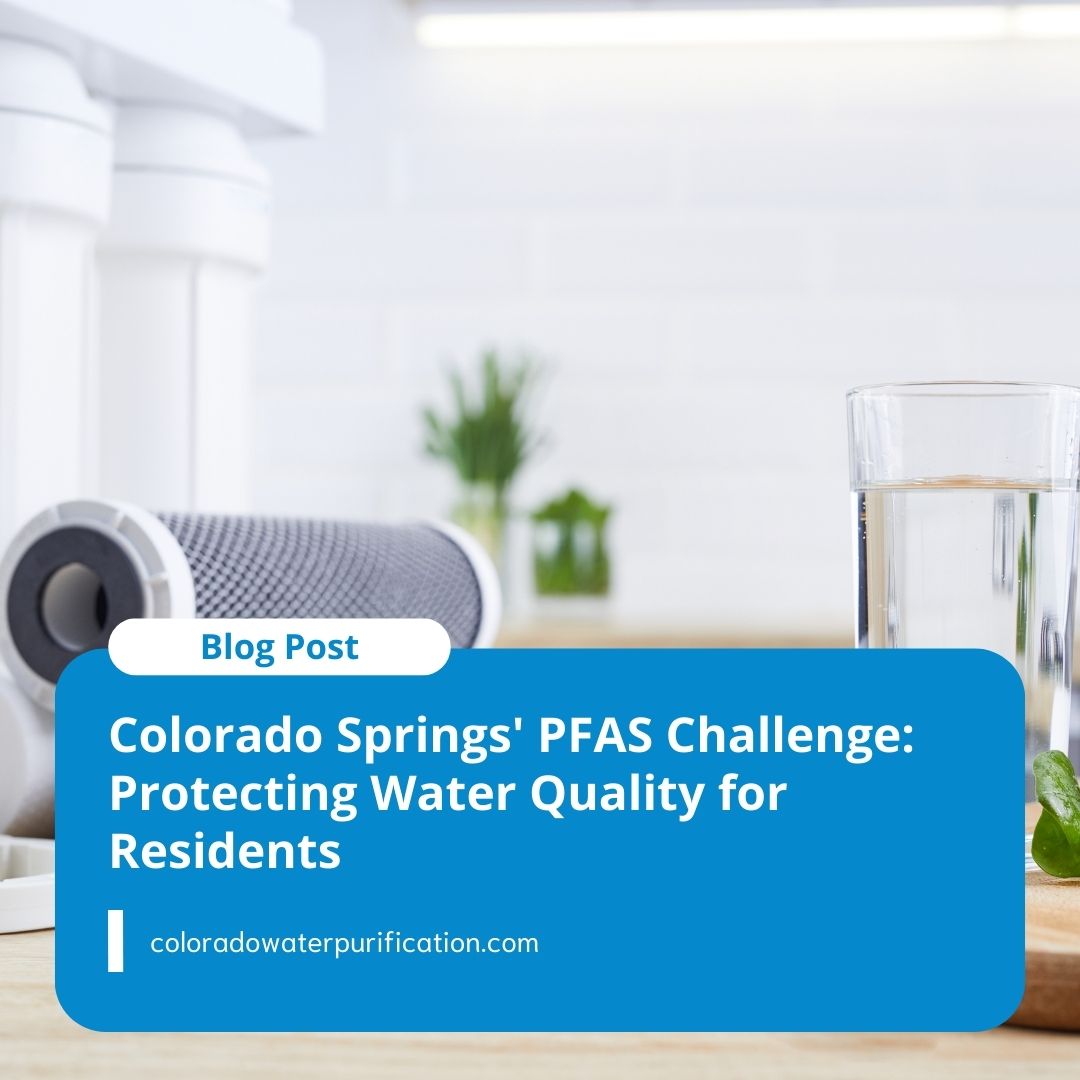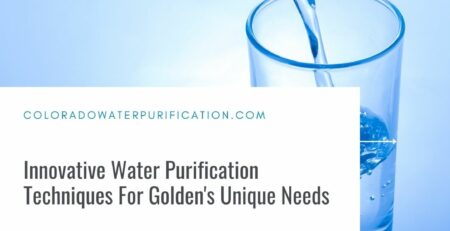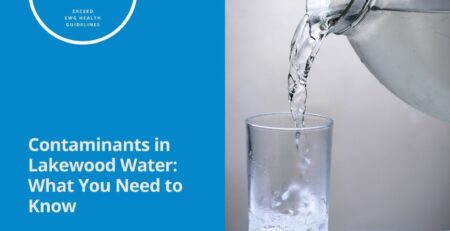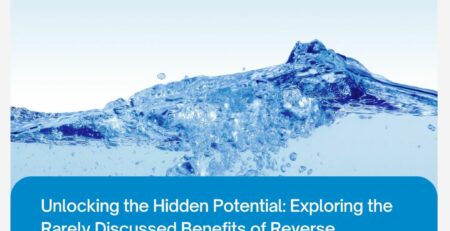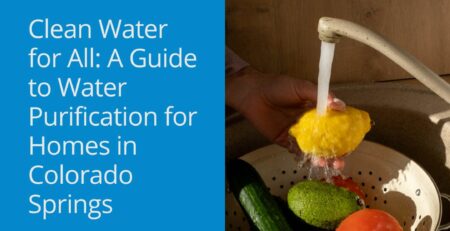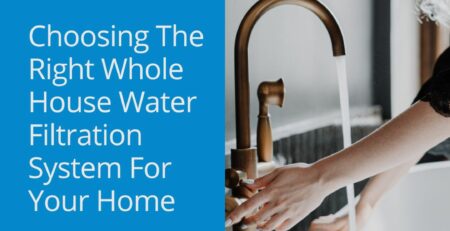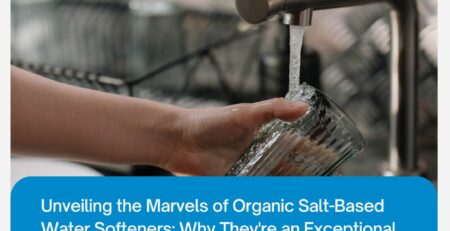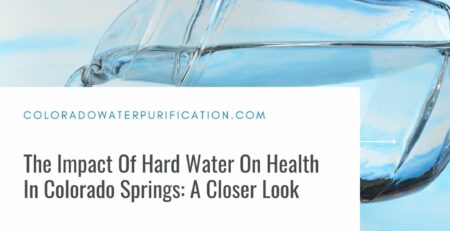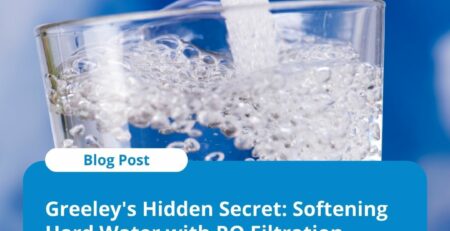Colorado Springs’ PFAS Challenge: Protecting Water Quality for Residents
Colorado Springs is known for its stunning natural beauty and outdoor activities, but beneath its picturesque landscapes lies a hidden threat to its water quality: PFAS contamination. In this blog post, we’ll delve into the PFAS challenge facing Colorado Springs, understanding the sources of contamination, and the efforts being made to ensure clean and safe drinking water for local residents.
What Are PFAS?
PFAS, or per- and polyfluoroalkyl substances, are a group of human-made chemicals that have been used in a wide range of products for their water and grease-resistant properties. These chemicals are persistent, meaning they don’t break down easily in the environment or in the human body, posing long-term health risks.
PFAS in Colorado Springs: The Silent Threat
Colorado Springs is no stranger to PFAS contamination, with one of its well-known sources being the Peterson Air Force Base. Historically, firefighting foams containing PFAS were used in training and emergency response operations at the base, leading to PFAS leaching into the groundwater. This contamination raised concerns about drinking water supplies in the area.
Health Risks Associated with PFAS
Exposure to PFAS can lead to a range of health problems. Studies have linked PFAS exposure to increased risks of certain cancers, developmental issues in children, immune system problems, and more. Recognizing these health risks, the local community, government agencies, and environmental organizations have come together to address the issue.
Protecting Water Quality in Colorado Springs Efforts to protect water quality in Colorado Springs have included:
- Water Testing: Local authorities have conducted extensive water testing to identify the presence and levels of PFAS in the city’s water supply.
- Water Treatment: Treatment facilities have been upgraded to address PFAS contamination, ensuring residents receive clean drinking water.
- Regulations and Standards: Regulatory agencies have set guidelines and standards for acceptable PFAS levels in drinking water, providing a framework for remediation efforts.
- Community Education: Public awareness campaigns have been launched to inform residents about PFAS contamination, health risks, and ways to reduce exposure.
- PFAS Filtration: Many residents have opted for water filtration systems specifically designed to remove PFAS, providing an extra layer of protection at the tap.
Moving Forward
While progress is being made to address PFAS contamination in Colorado Springs, the challenge persists. It requires ongoing vigilance, collaboration, and a commitment to safeguarding the health and well-being of the community. As research continues and new technologies emerge, the hope is that cleaner, safer drinking water will be accessible to all residents of this beautiful city.
